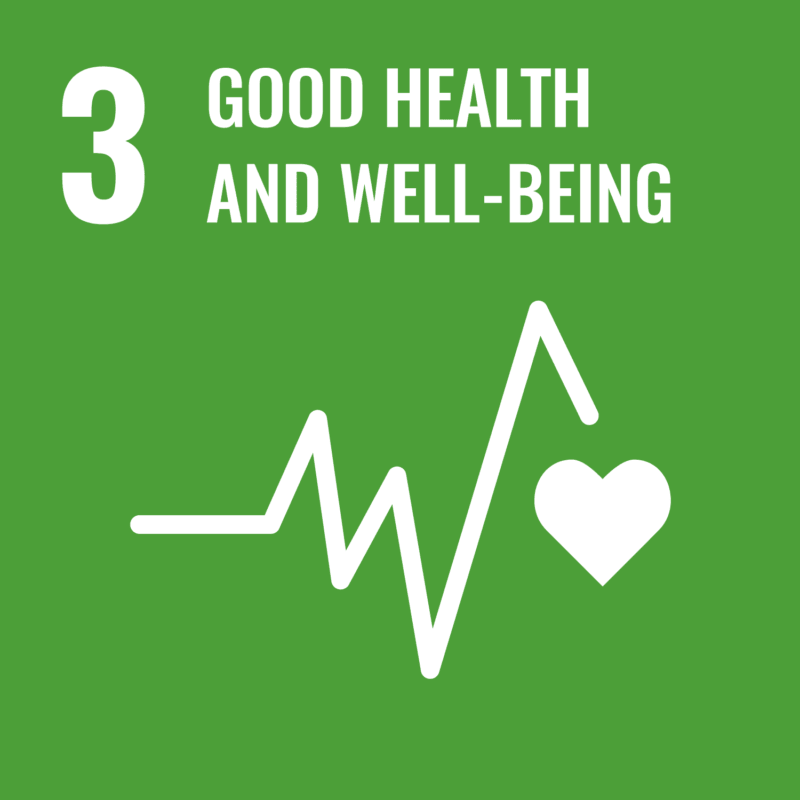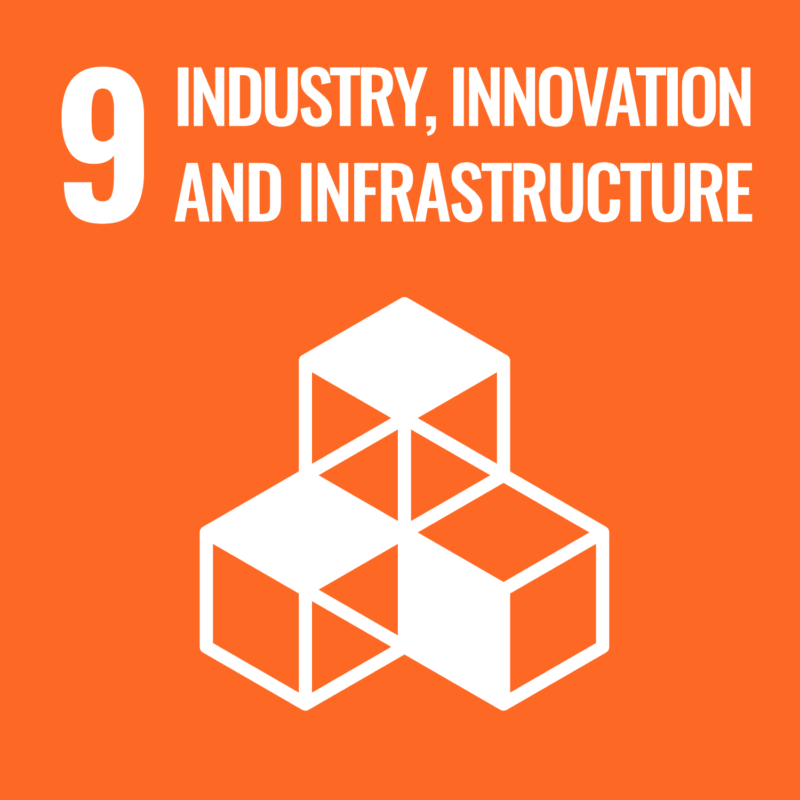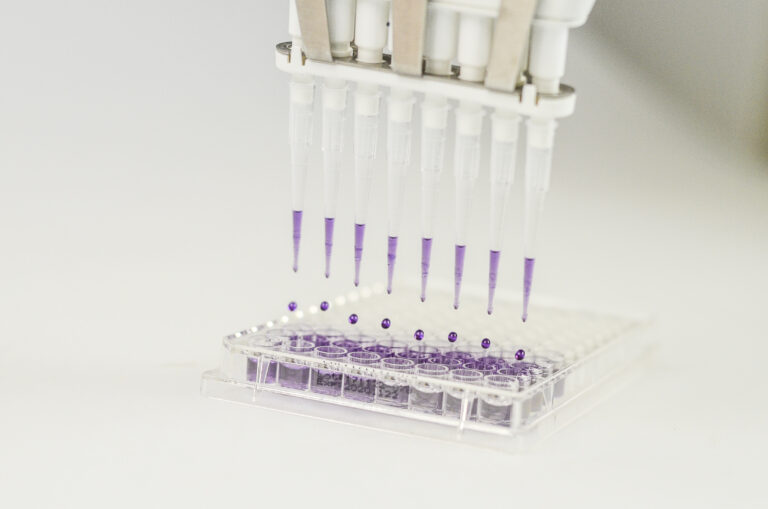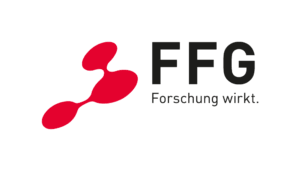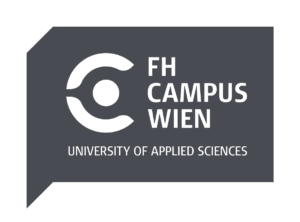So-called NIAS (non-intentionally added substances) can be formed during the manufacturing process of food contact materials, among other things. At present, there are no reliable and cost-effective methods for the identification and toxicological assessment of all known NIAS, leaving a large number of unidentifiable substances whose properties are completely unknown. Recently, the European Parliament, numerous guidelines and the International Life Science Institute (ILSI) have recommended the use of in-vitro bioassays.
Building on the expertise bundled at the OFI for the detection of endocrine disruptors, the MIGRATOX project has been working on extending the methodology to other critical hazardous substances since 2018. The MIGRATOX project focuses on the development of new methods that facilitate the risk assessment of non-intentionally introduced genotoxic substances. Genotoxic substances cause damage to the genetic material of cells either by altering the genetic code of the DNA (mutation) or by interfering with chromosome structure or cell division, for example. DNA-reactive mutagenic substances have been identified as particularly critical and have become the focus of research. This damage can have negative health effects and contribute to the development of cancer.
The aim of the MIGRATOX project is to develop and optimize new in-vitro bioassays for NIAS screening. By simplifying the risk assessment, the quality of the safety assessment of food contact materials will be further increased. For this purpose, human cell tests (e.g. Micronucleus), bacterial systems (e.g. Ames Test, UmuC) and combinations of chemical analysis and biological assays using HPTLC (High Performance Thin Layer Chromatography) are being examined for their suitability to reliably detect DNA-reactive mutagens.
The start-up project was carried out in cooperation with the FH Campus Wien and is now being continued as a working group. Particular importance is placed on close cooperation with major international food and packaging producers in order to ensure the safety of packaging materials in the long term and to strengthen consumer confidence in the industry.
The MIGRATOX research project was supported as a COIN start-up project by the Austrian Research Promotion Agency FFG and is now being continued as a working group.
